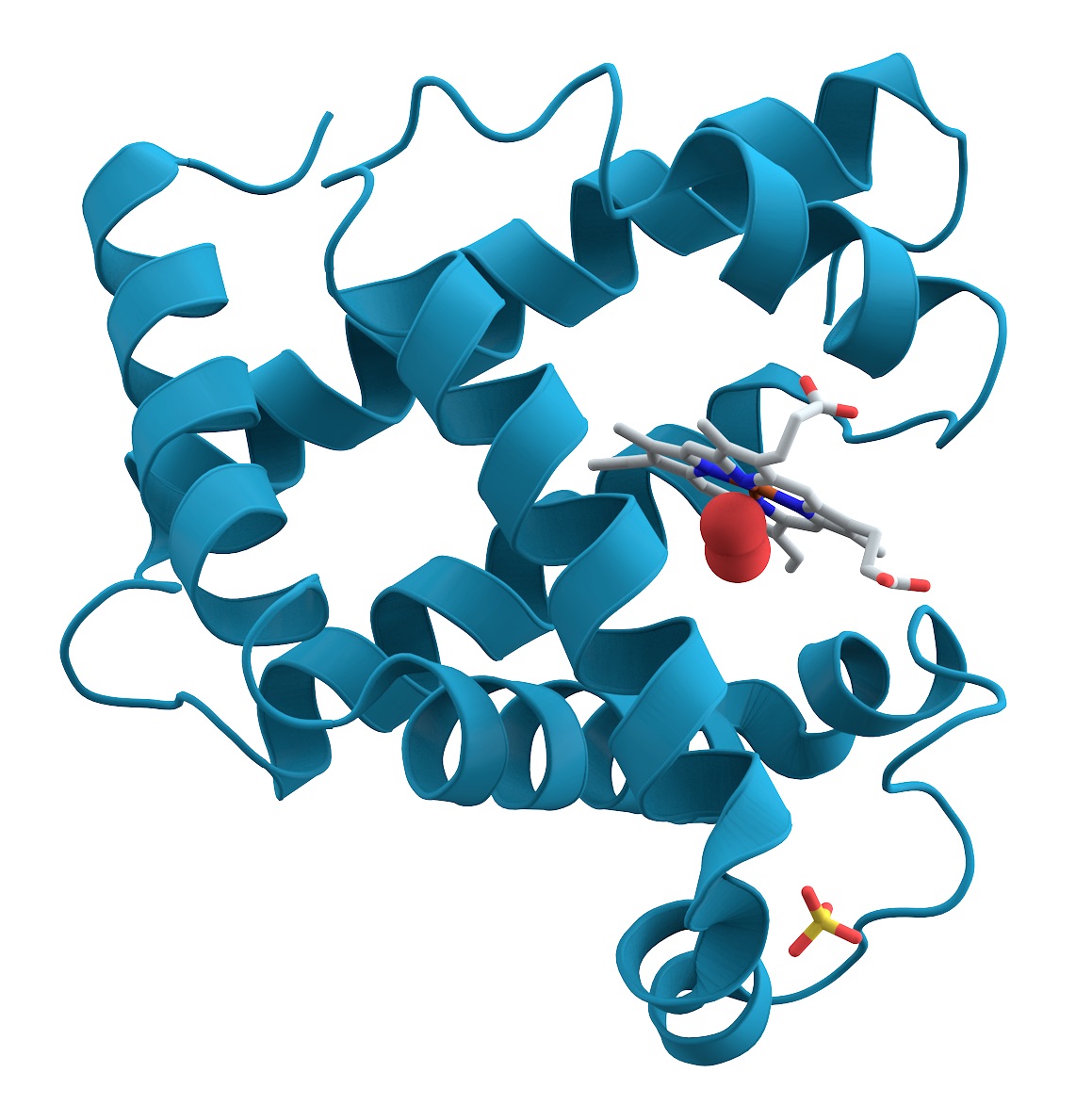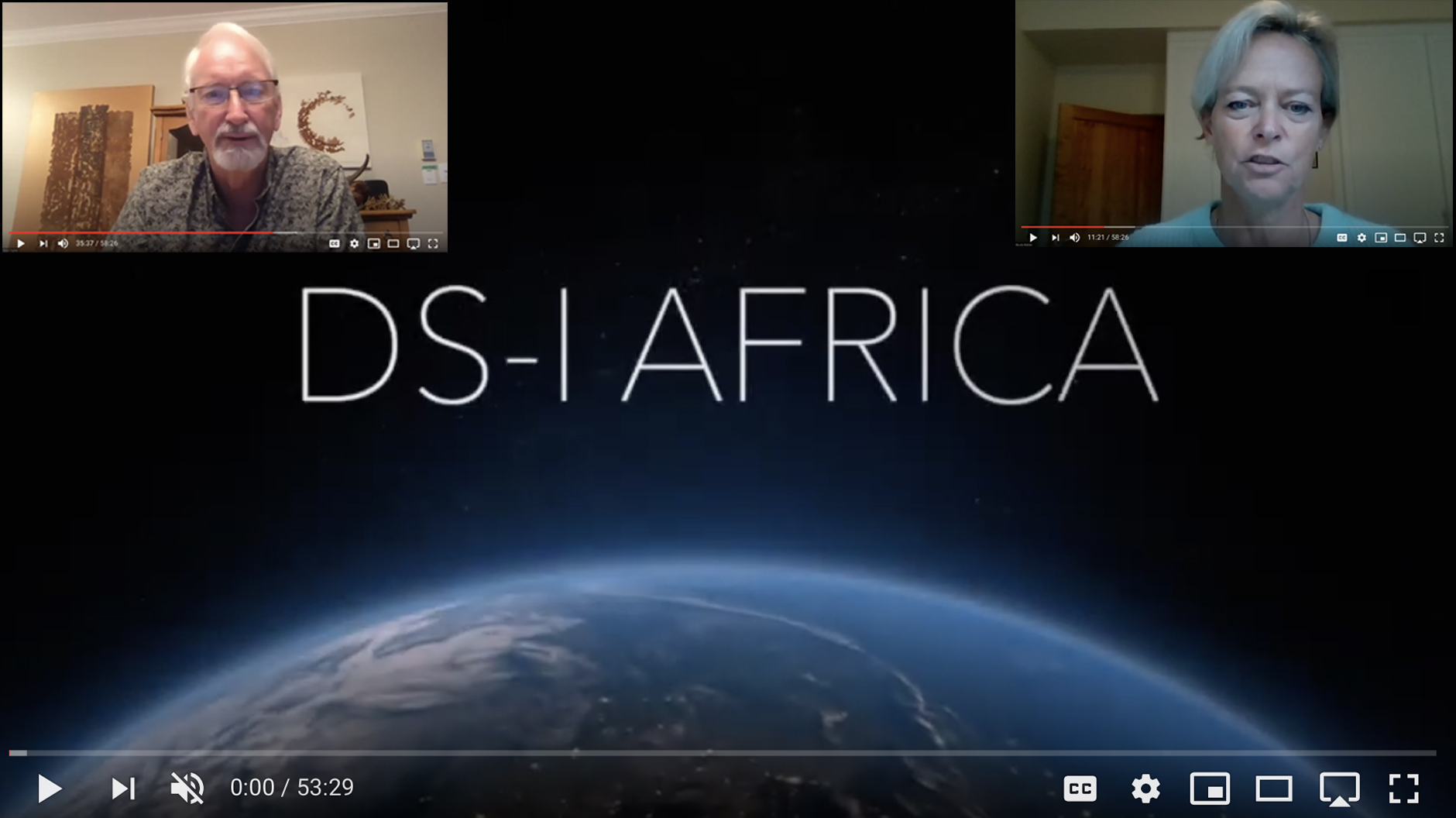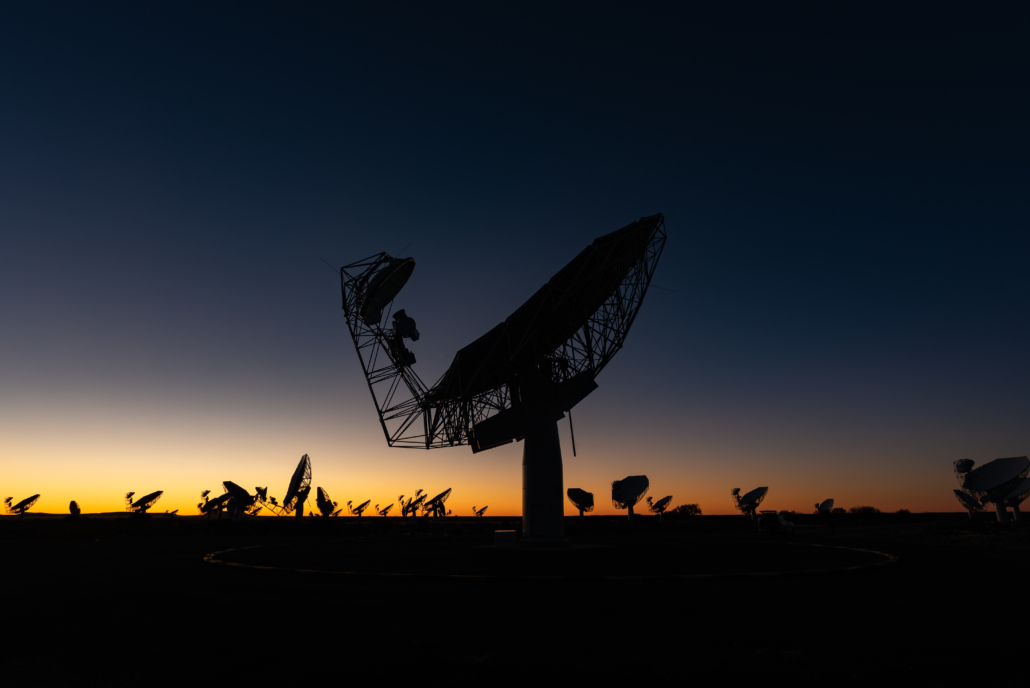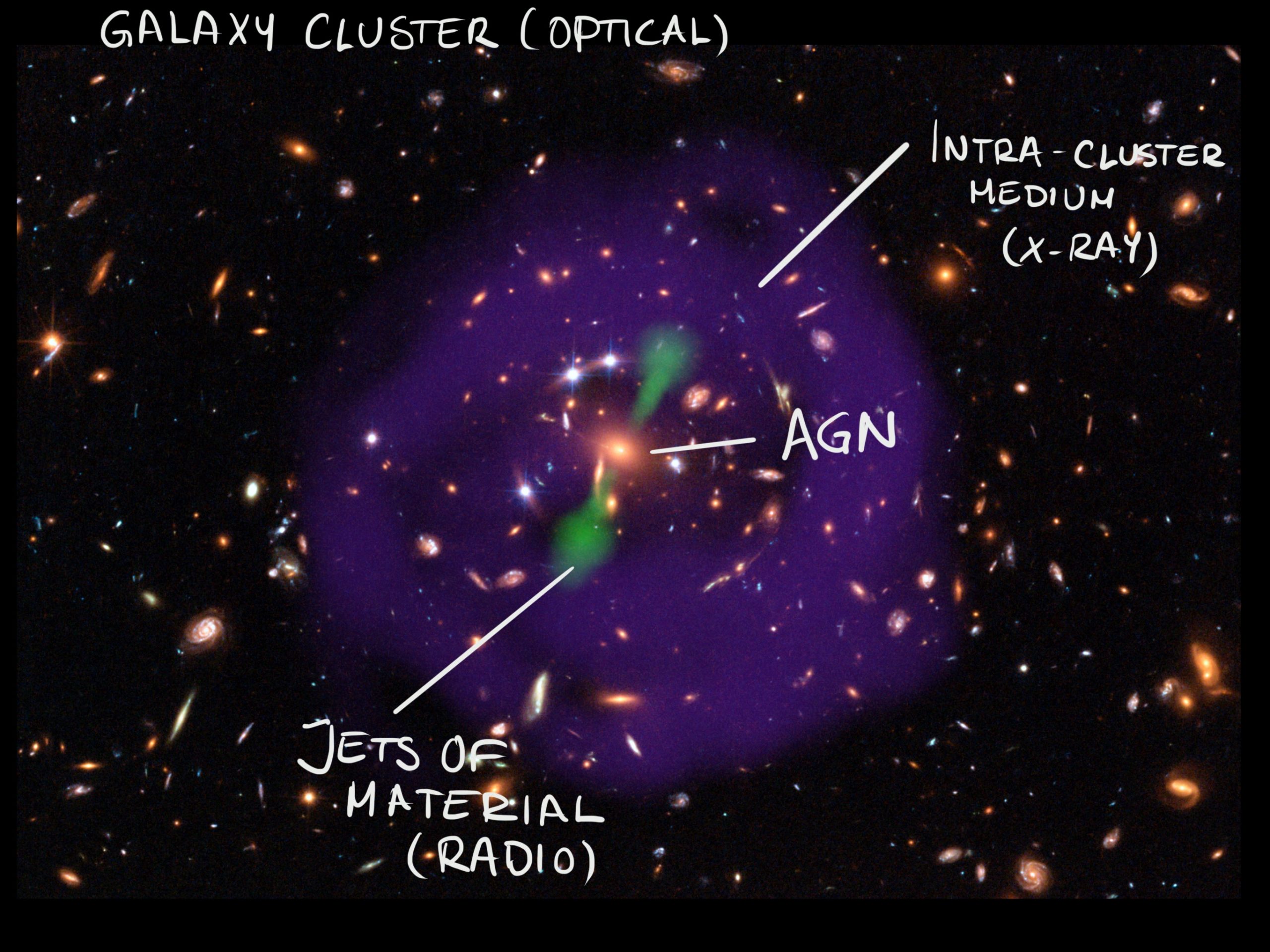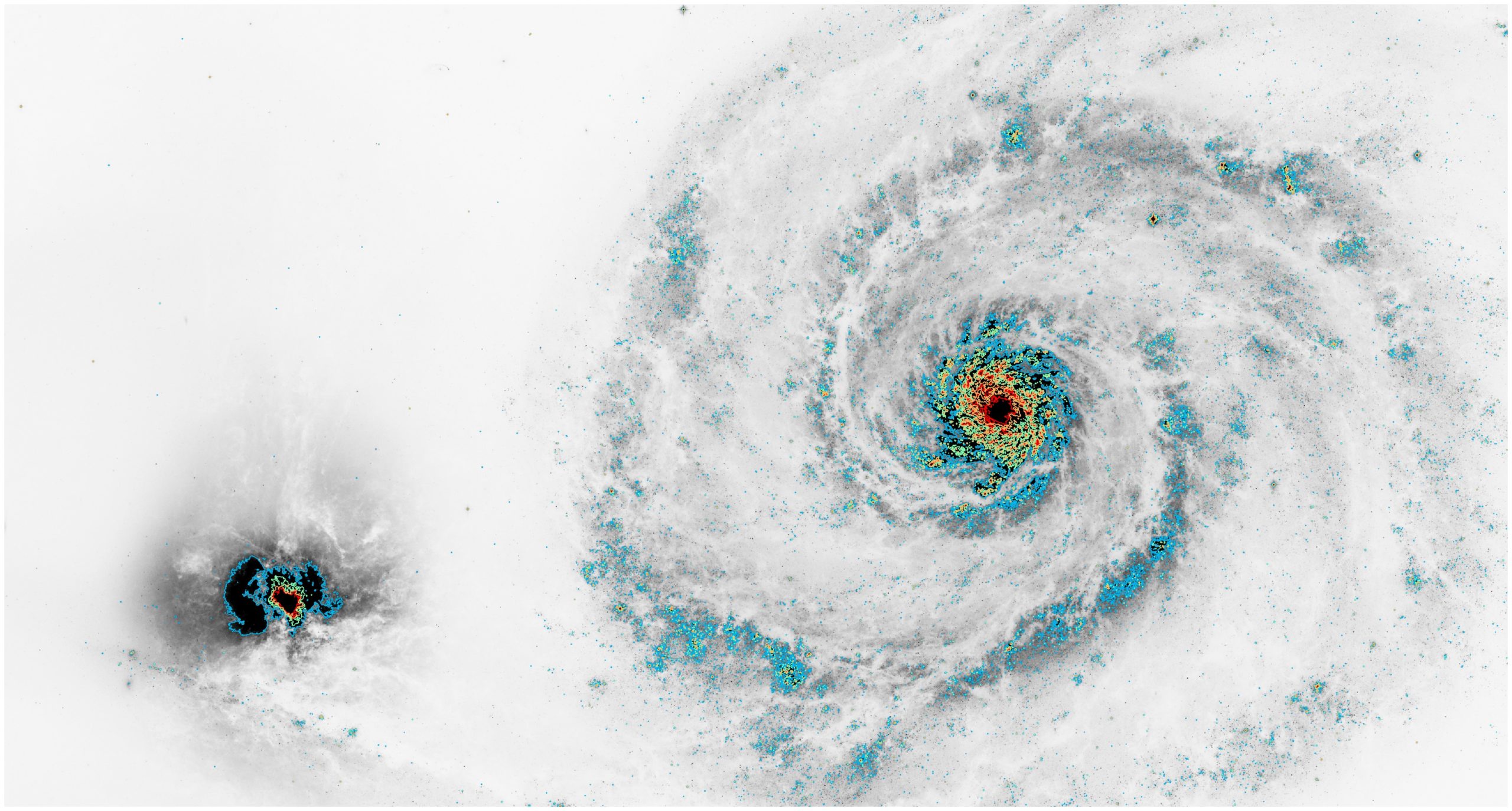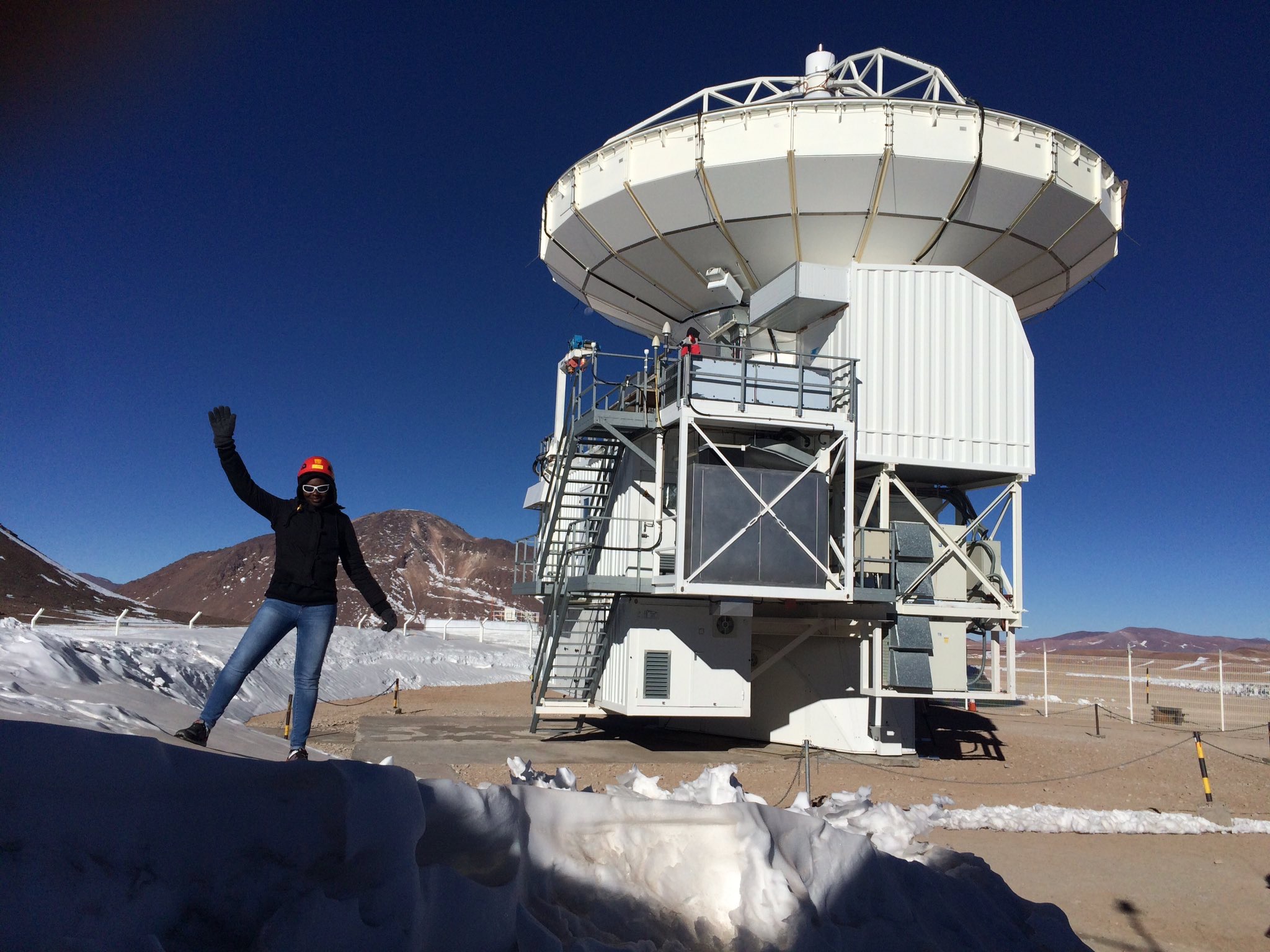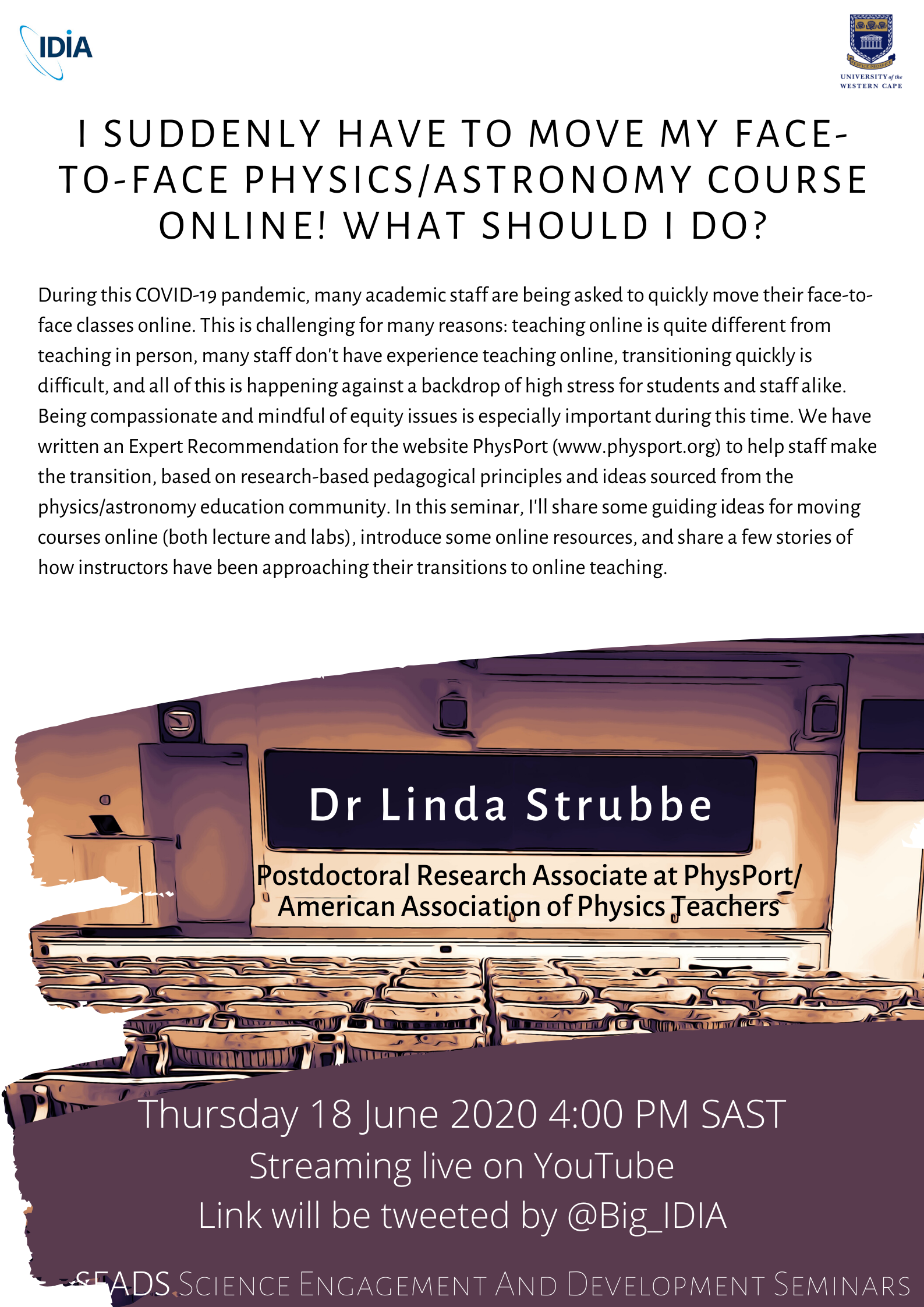Bioinformatics workshop hosted on ilifu
An initiative by Dr. Ryan Daniels at the Forensic DNA laboratory in the Department of Biotechnology at the University of the Western Cape, this month-long workshop takes the participants from the basics of using Unix, the most common computer platform for science, to characterising ancestry with DNA data using cloud computing platforms and software containerisation. The diversity of topics of … Read More

